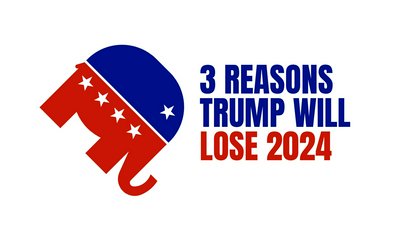economyParis
The Gilded Recovery? Making Sense of the Quick Recovery of the US Stock Market
The US stock market recovered thanks to aggressive fiscal policies and loose monetary policies combined with a lack of opportunity elsewhere. In the mid-term...
Published by Dr Jiulin Teng on 22 May 2020 · Updated on 25 Jul 2021

Before the coronavirus pandemic hit the world in early 2020, indeed years before, many have grown increasingly weary of spiraling corporate debt and growing inequality in the longest economic expansion in the history of the US and, similarly, in major developing economies. Combined with the imminent fallout of climate change on global food supply and our overpopulation problem, some had predicted a prolonged period of retraction like what the EU has been suffering since 2008.
The covid-19 pandemic has accelerated the timetable. With almost 40 million people freshly out of employment in the US alone and a sweeping turn to the downward across developing economies, it is reasonable that a depression may be coming.
Why Has the US Stock Market Recovered So Quickly?
In April 2020, the US stock market experienced the largest jump in history (34% in one month). May has largely been an extension to the April market so far. Having read about and listened to people's opinions, I have come to understand that three factors may be driving this bull market:
- Most notably, the Federal Reserve has suddenly increased its balance sheet from $4 trillion to $7 trillion. It is aggressively purchasing corporate bonds and bond-based ETFs to shore them up.
- The US congress has pass four bills valued at trillions of dollars to prop up businesses, in particular large corporations. By allowing banks to lend against these dollars at 10:1 (for the business loans section), the corporations have access to virtually unlimited funding with virtually no interest.
- As business activities slow down, many traditionally lucrative business transactions have ceased to be appealing. The stock market stands out as the bright spot where money can be made with money.
What May Be the Implications?
Based on these developments, I have formed three hypotheses:
- One, structural issues will be ignored. Corporate debt will continue to expand, and inequality will worsen. On the other hand, GDP will start increasing again in 2021 and a V-shaped recovery is possible.
- Two, since the priority is placed on macroeconomic indicators, employment will recover in the US, though through deregulation and more creative arrangements the real earnings of wage workers, including office workers, may decline.
- Three, the US may be worse prepared for the next crisis hitting in a decade's time. Food, water, or another resource trigger borne out of climate change could be the culprit.



